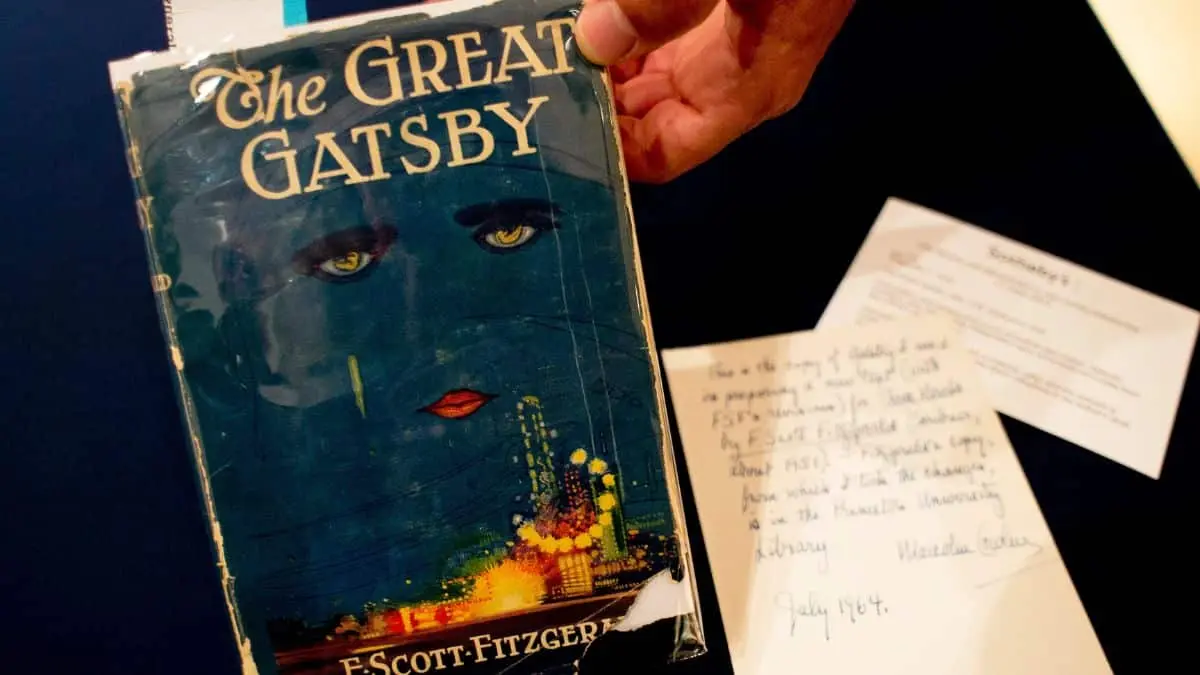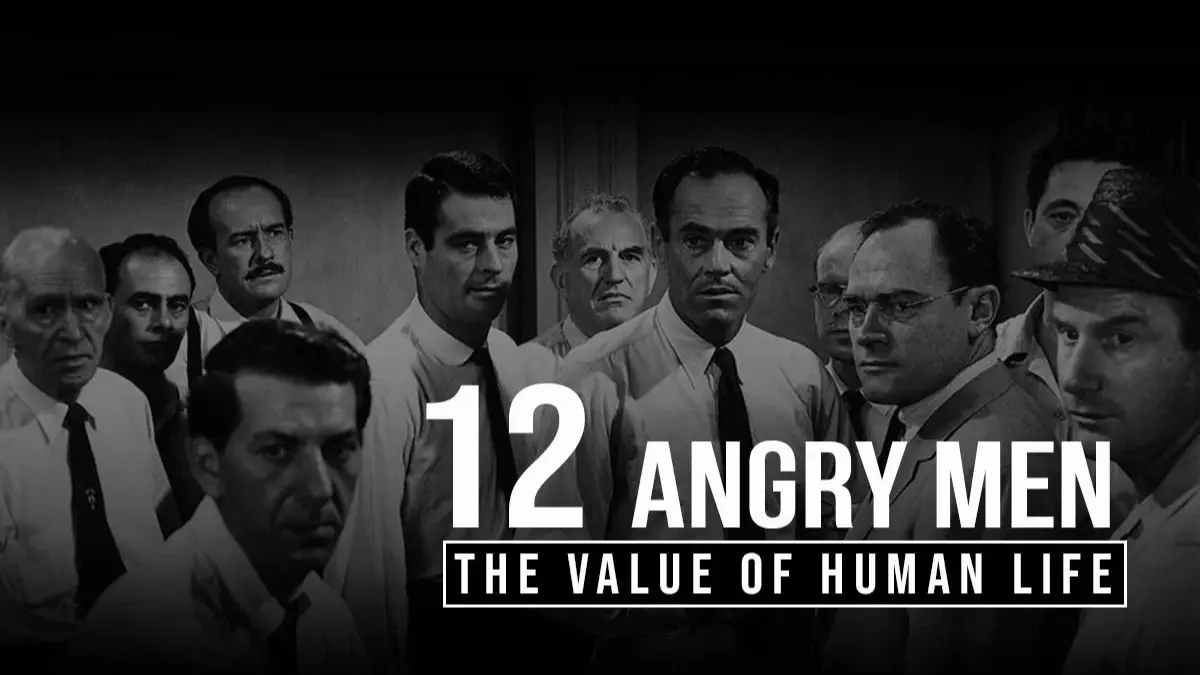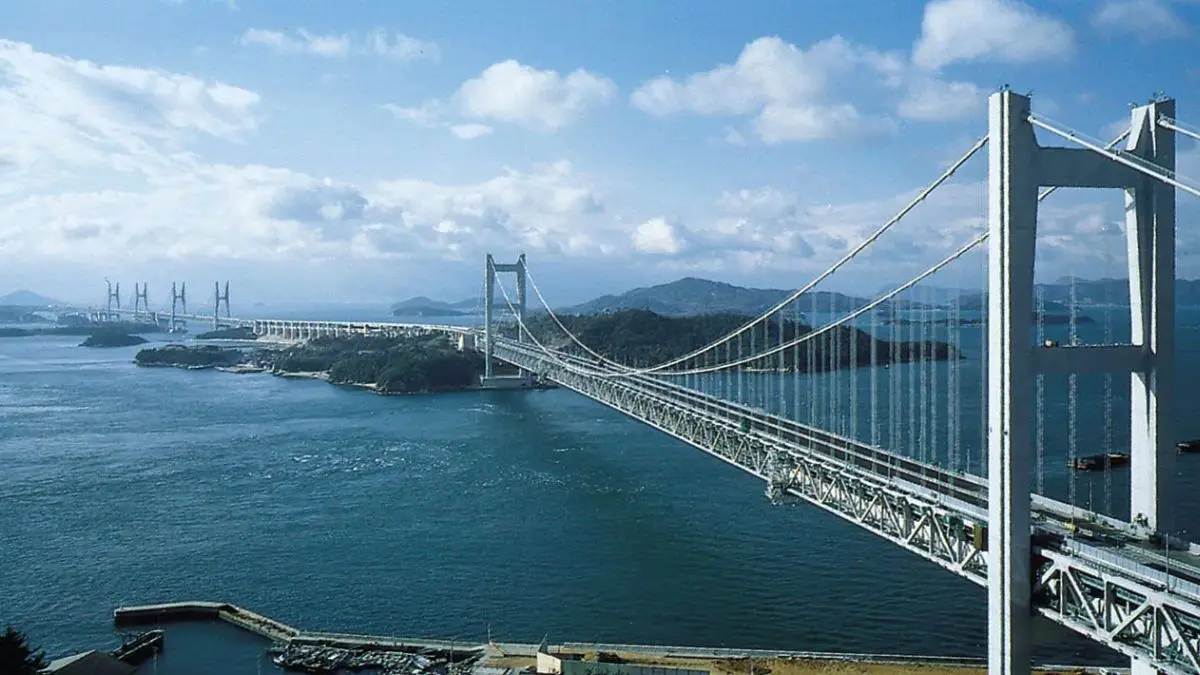This article takes you through a fascinating journey across different epochs, exploring Major Historical Events on April 10.
Major Historical Events on April 10- Today in History
The Genesis of International Law: Hugo Grotius – 1583 AD
Hugo Grotius, a distinguished Dutch jurist and academic, authored the seminal work “De Jure Belli ac Pacis” (1625; On the Law of War and Peace), marking a pivotal contribution to the establishment of modern international law.
A Fruitful Introduction: Bananas in London – 1633 AD
For the first time, bananas became available for purchase in London, introducing a tropical delight to a new audience.

A Modest Invention, A Profound Impact: The Safety Pin – 1849 AD
In the United States, Walter Hunt patented the safety pin and subsequently sold his rights to this simple yet revolutionary fastener for a mere $400.
The Founding of a Beacon of Innovation: MIT – 1861 AD
The Massachusetts Institute of Technology (MIT), established by visionary William Barton Rogers, was conceived as a private land-grant university nestled in the academic and cultural heart of Cambridge, Massachusetts. This prestigious institution was founded on the principle of advancing knowledge in science, technology, engineering, and mathematics (STEM), with a dedication to applying this knowledge for the betterment of society.
A Crusade Against Cruelty: Founding of the ASPCA – 1866 AD
Henry Bergh, moved by an act of compassion in Russia, established the American Society for the Prevention of Cruelty to Animals (ASPCA) in New York City, three years after intervening to stop a carriage driver from abusing his horse. This organization grew to be among the foremost in the fight against animal cruelty.
The Roots of Arbor Day: A Celebration of Trees – 1872 AD
Nebraska observed the inaugural Arbor Day, with over one million trees planted in a pioneering effort that would inspire similar observances across other U.S. states and countries.

Voyage of Dreams and Despair: The RMS Titanic – 1912 AD
The RMS Titanic set sail on its first and only voyage, culminating in a tragic disaster as the luxury liner collided with an iceberg and sank.
The Last Stand of Emiliano Zapata – 1919 AD
Mexican revolutionary leader Emiliano Zapata, an advocate of agrarian reform, met a tragic end when he was ambushed and killed, marking a pivotal moment in the Mexican Revolution’s history.
A Brief Reign: The Fall of Édouard Herriot’s Government – 1925 AD
Édouard Herriot’s first stint as French premier, under the banner of the Radical Party and backed by the Cartel des Gauches coalition, ended as his government collapsed.
An American Literary Jewel: The Great Gatsby – 1925 AD
F. scott Fitzgerald’s “The Great Gatsby” was published, achieving enduring status as a masterpiece of American literature.

The Birth of a Cinematic Legend: Omar Sharif – 1932 AD
Omar Sharif, celebrated for his memorable roles in classics like “Lawrence of Arabia” and “Doctor Zhivago,” was born, leaving an indelible mark on film history.
A Unified Vote: Austria’s Anschluss Plebiscite – 1938 AD
Following Adolf Hitler’s annexation of Austria, a controlled plebiscite saw 99.7 percent of Austrians vote in favor of the Anschluss, the political union of Austria and Germany.
The Dawn of Democracy in Japan: The Inaugural Parliamentary Election – 1946 AD
Marking a pivotal moment in the annals of Japanese history, the first election for the Japanese Parliament signified the nation’s earnest strides toward democratic governance. This historic election laid the groundwork for a representative political system, inviting citizens to participate directly in the shaping of their government.
A Cinematic Courtroom Drama Unveiled: 12 Angry Men – 1957 AD
“12 Angry Men,” featuring Henry Fonda in a compelling narrative about a juror determined to prove an accused murderer’s innocence, premiered in the United States.

A Global Prohibition: The Biological Weapons Convention – 1972 AD
The signing of the Biological Weapons Convention by over 150 countries signaled an international commitment to ban the development, production, and stockpiling of biological weaponry.
Constitutional Transformation in Pakistan – 1973 AD
Pakistan adopted its third constitution, transitioning Zulfikar Ali Bhutto’s role from president to prime minister, signifying a pivotal shift in the country’s governance.
A Cosmic Spectacle: Halley’s Comet – 1986 AD
Halley’s Comet made its closest approach to Earth during its most recent orbit, captivating stargazers worldwide.
Bridging Seas: The Opening of the Seto Great Bridge – 1988 AD
After a decade of construction, the Seto Great Bridge, which spans the Inland Sea in Japan, was inaugurated, enhancing connectivity and infrastructure.

A Path to Peace: The Good Friday Agreement – 1998 AD
The Good Friday Agreement, endorsing a devolved government in Northern Ireland, was signed and later ratified by Ireland and Northern Ireland, heralding a new era of peace.
A Landmark Law: The Legalization of Euthanasia in the Netherlands – 2001 AD
The Netherlands made history by passing a bill that legalized euthanasia, becoming the first country in the world to do so.
Glimpsing the Unseeable: Image of a Black Hole – 2019 AD
Astronomers unveiled the first-ever image of a black hole located at the center of the massive galaxy M87, a monumental achievement in space exploration.
Also Read: Major Historical Events on April 9- Today in History



